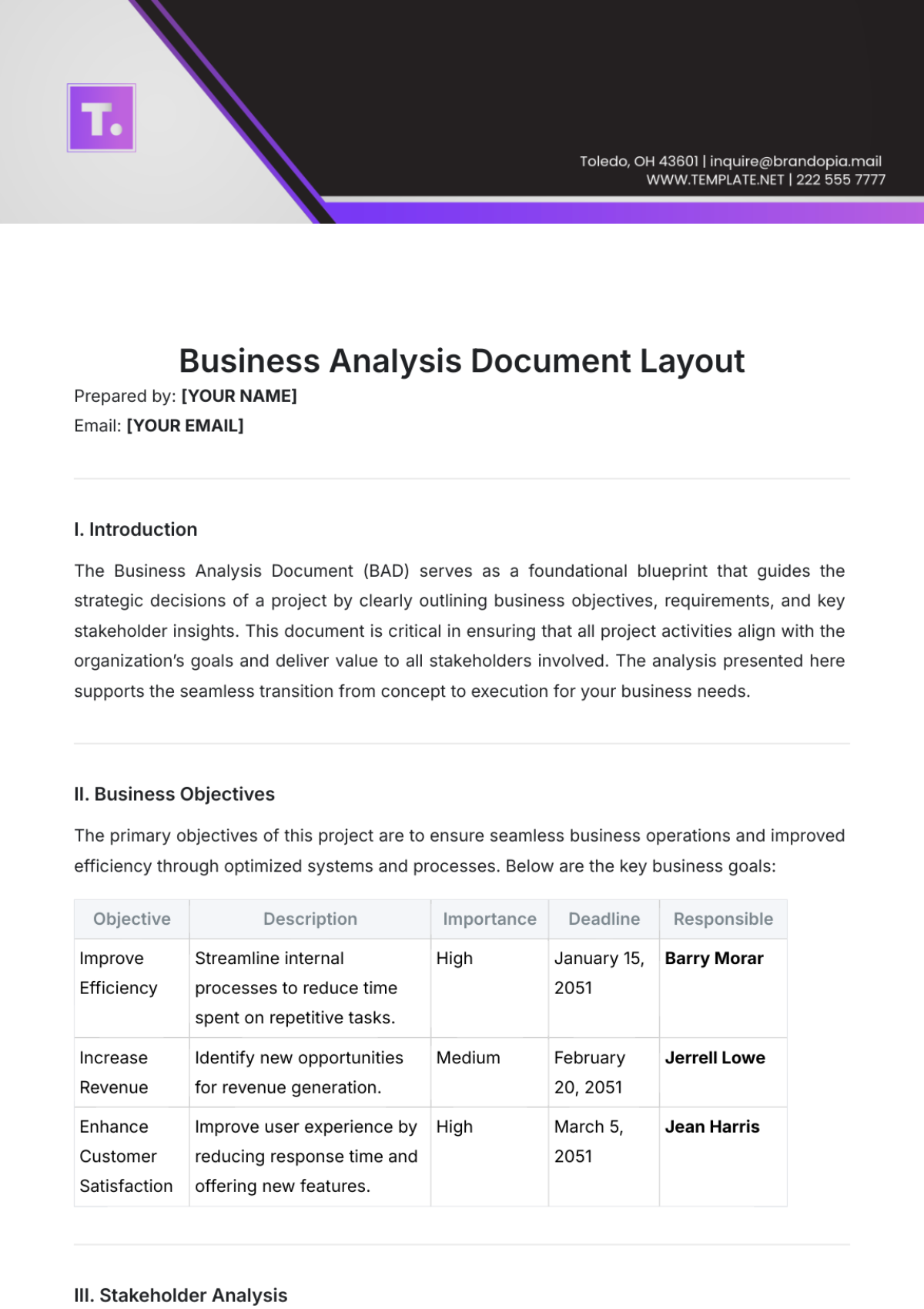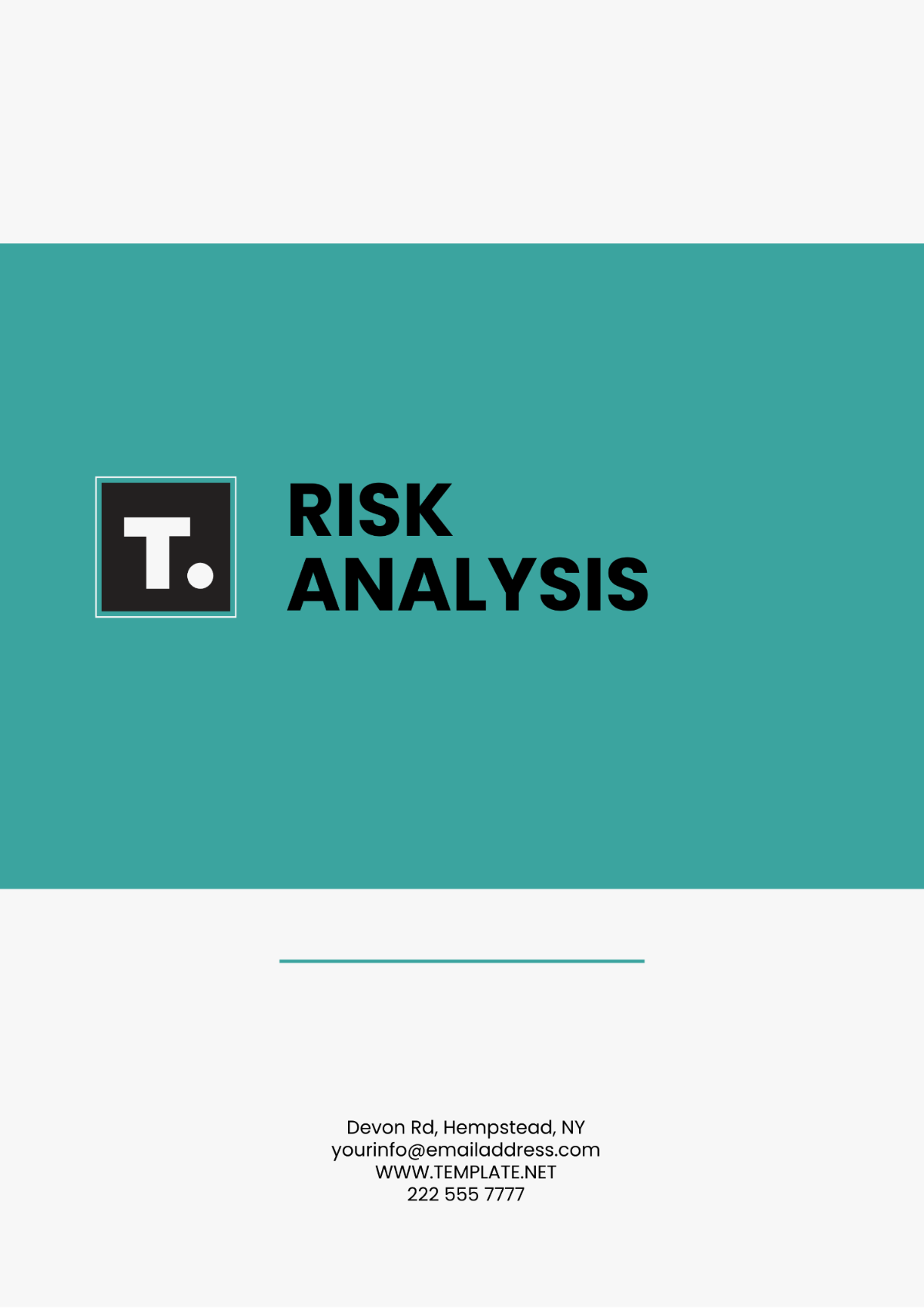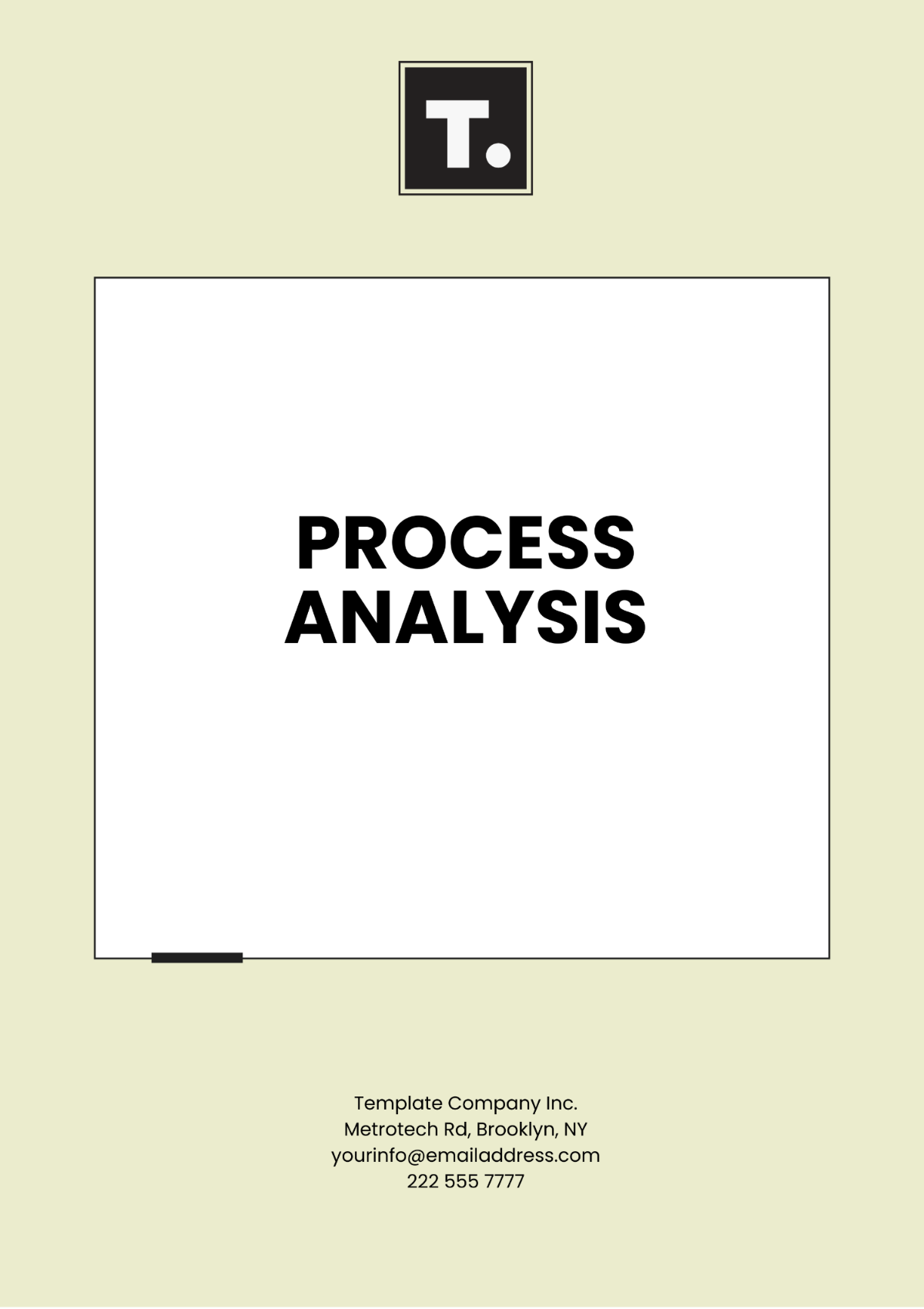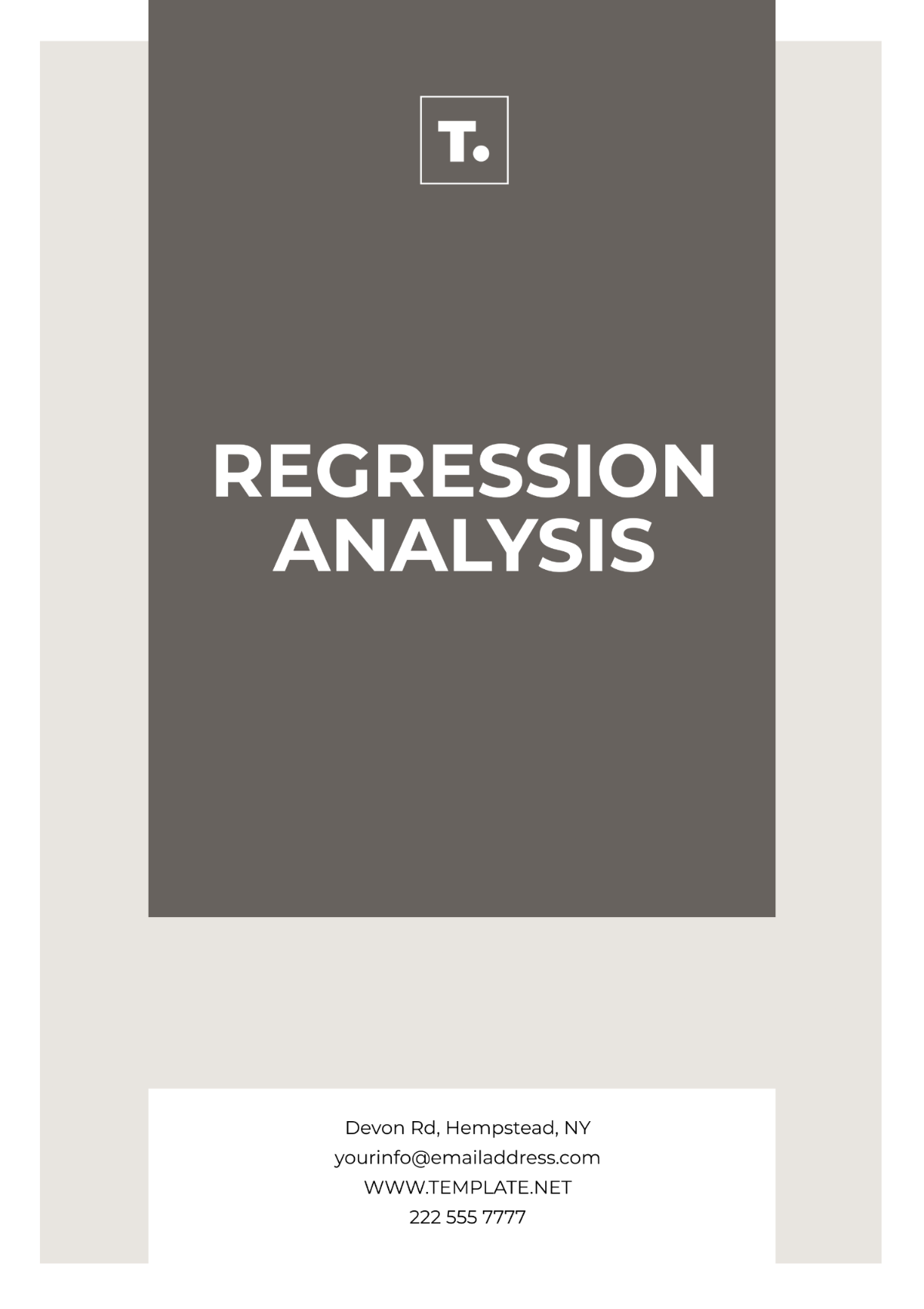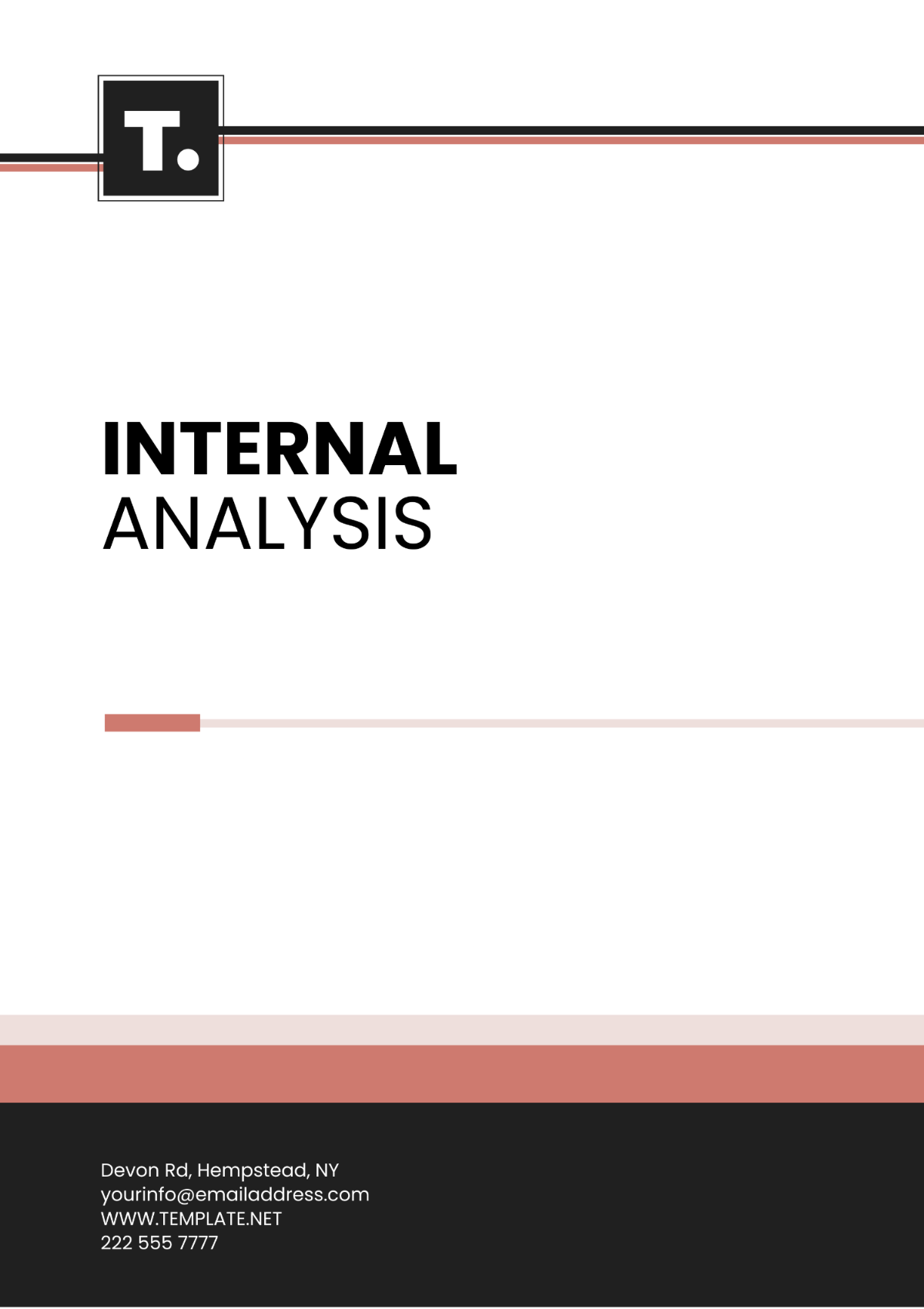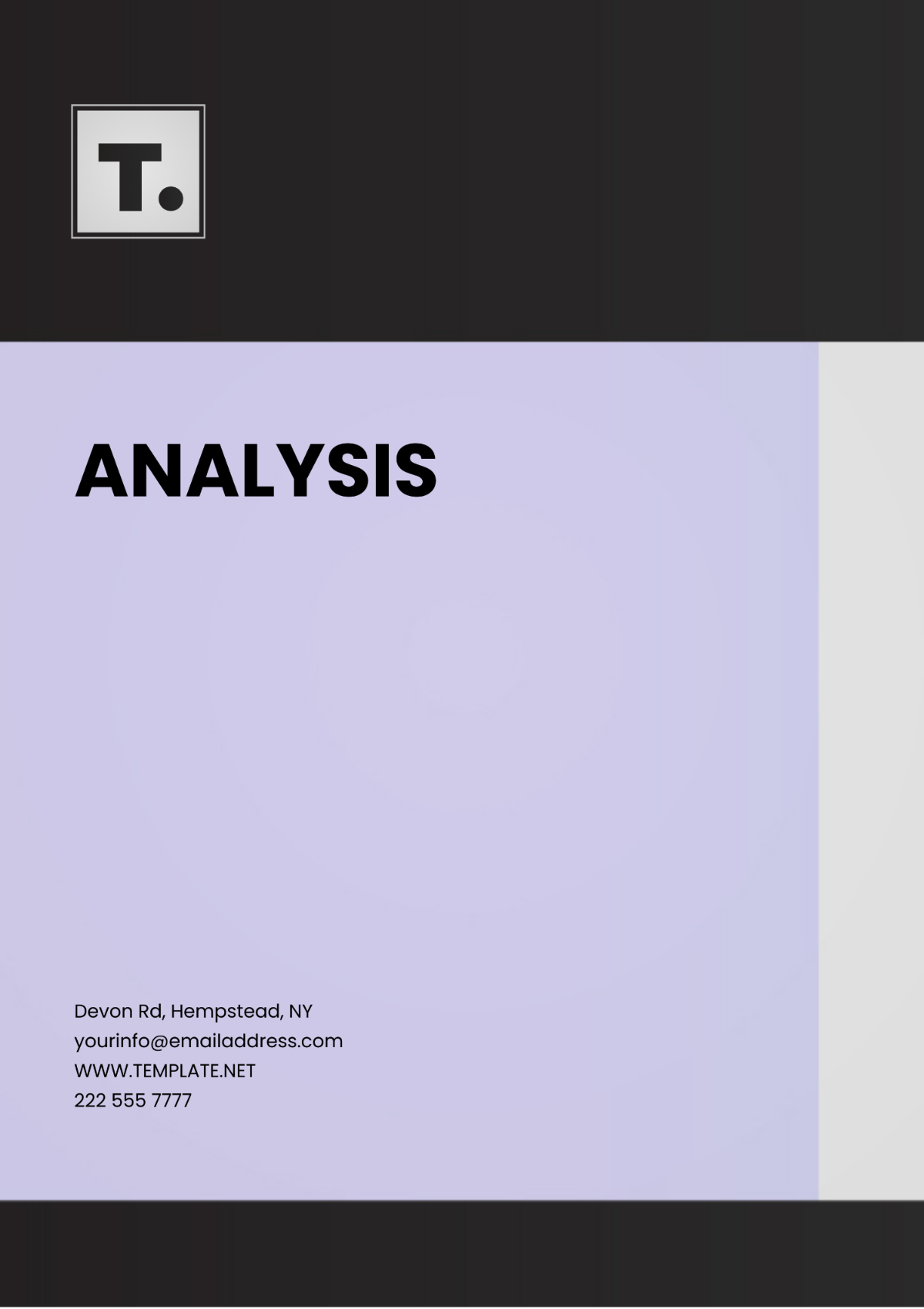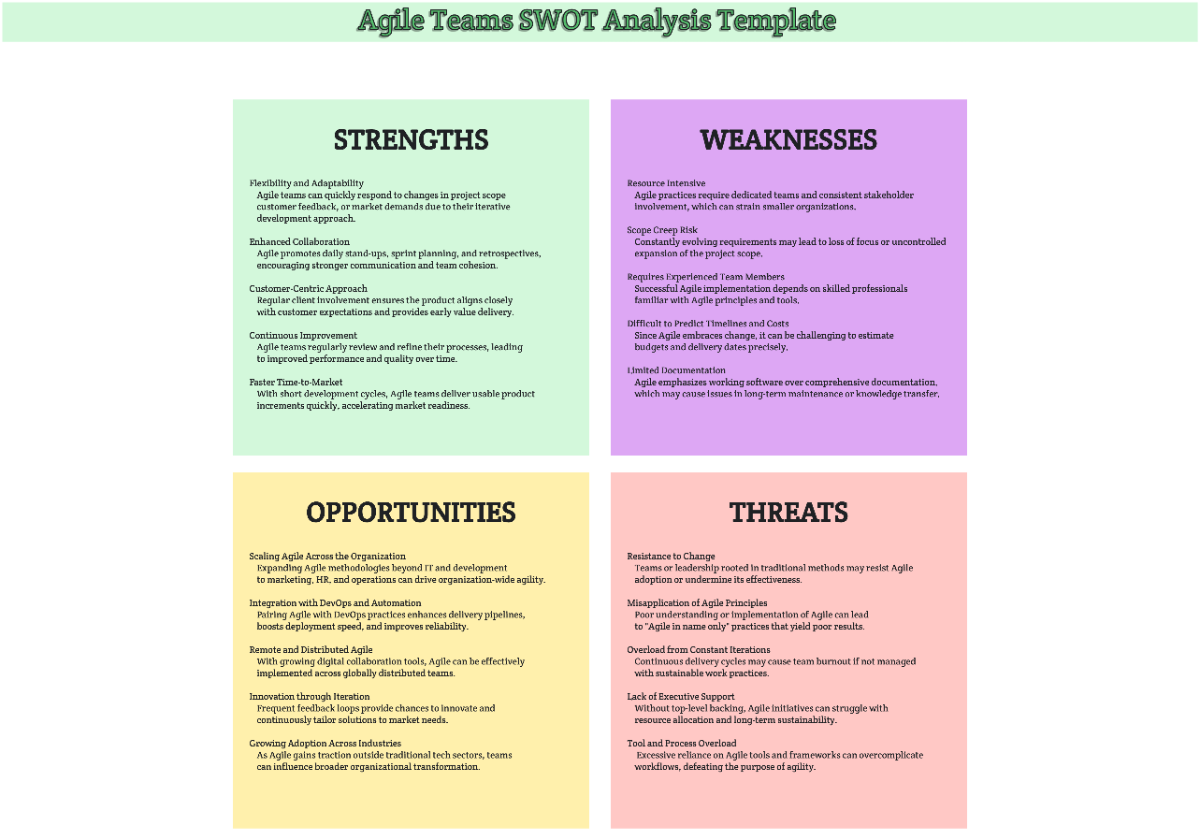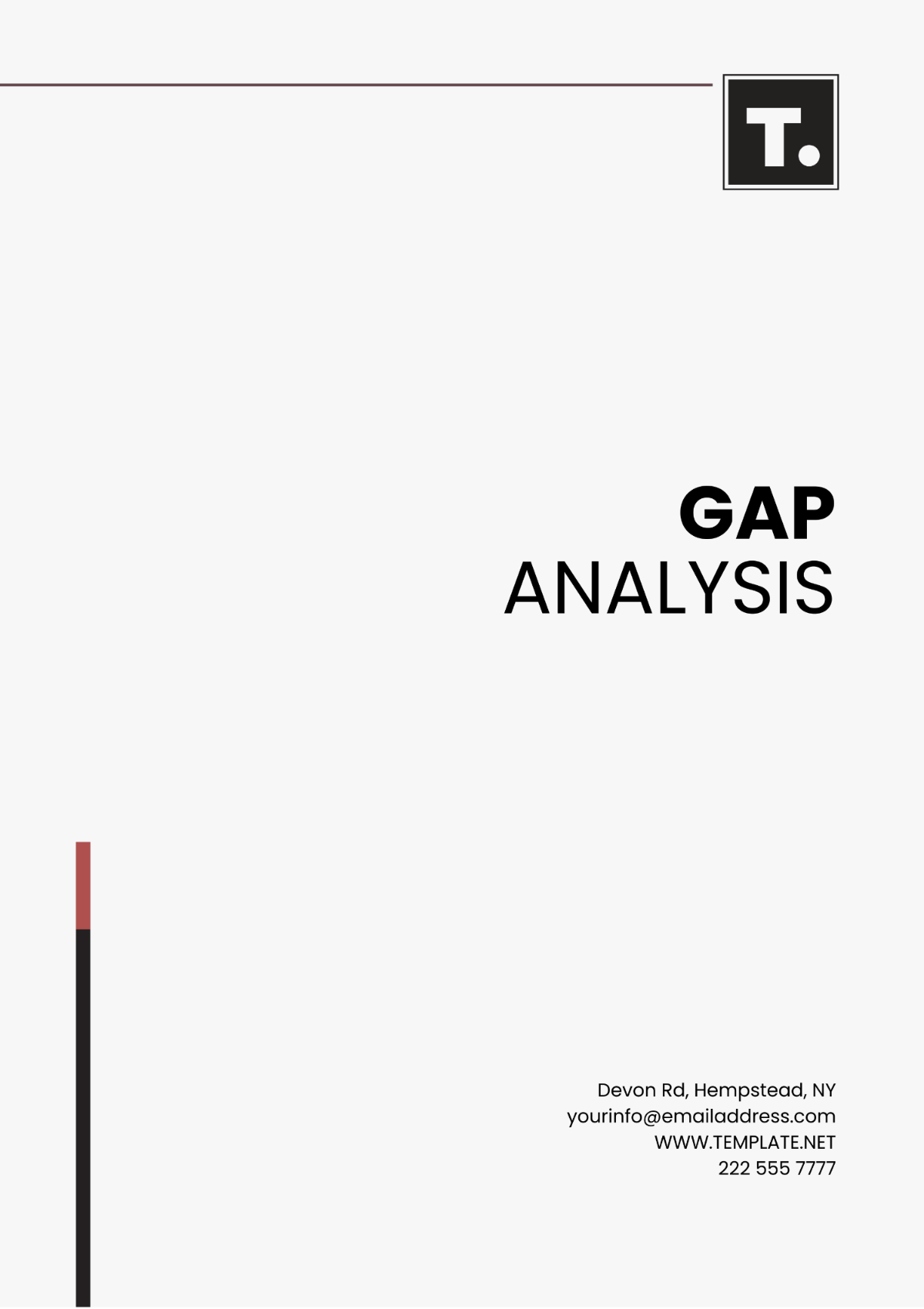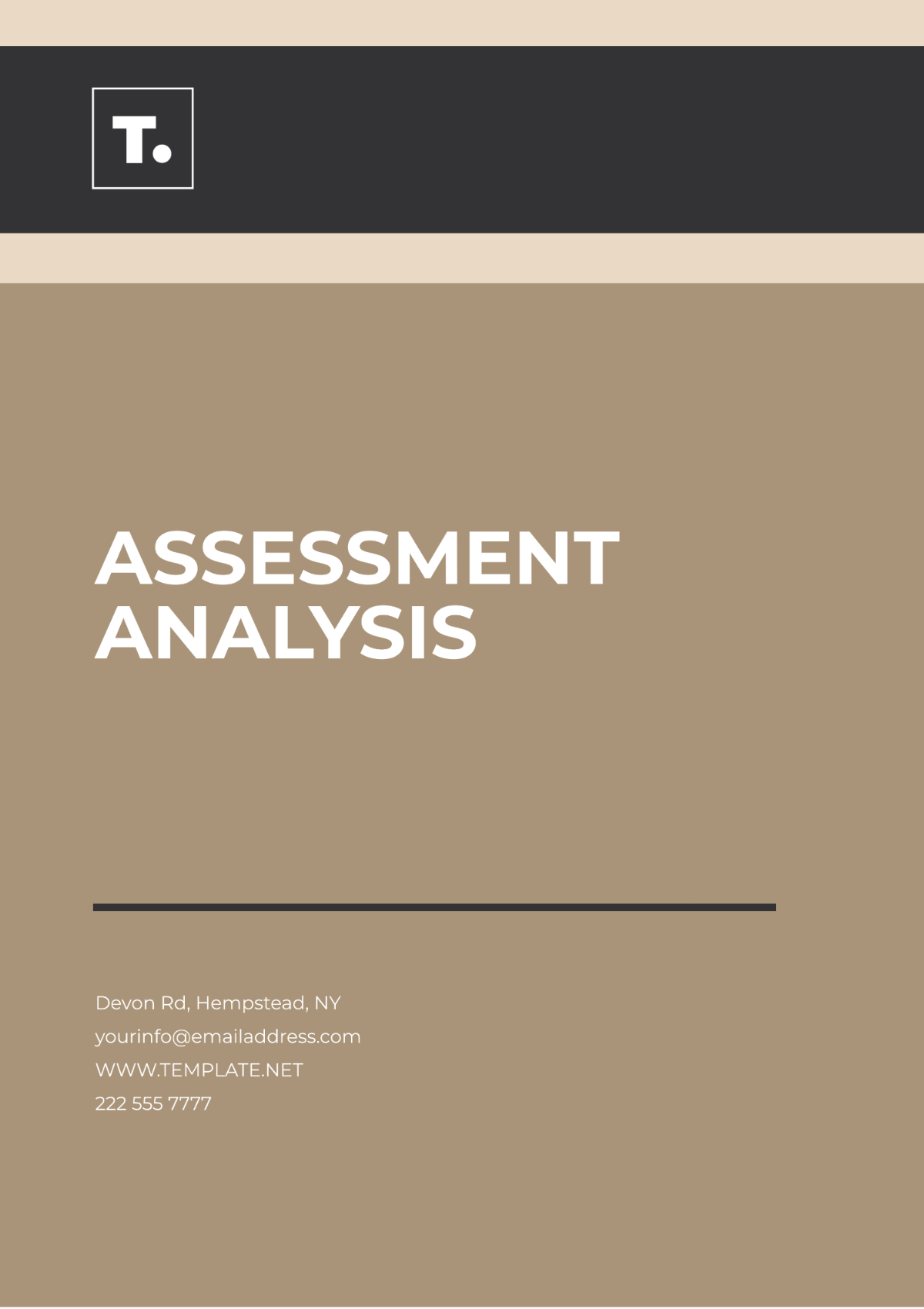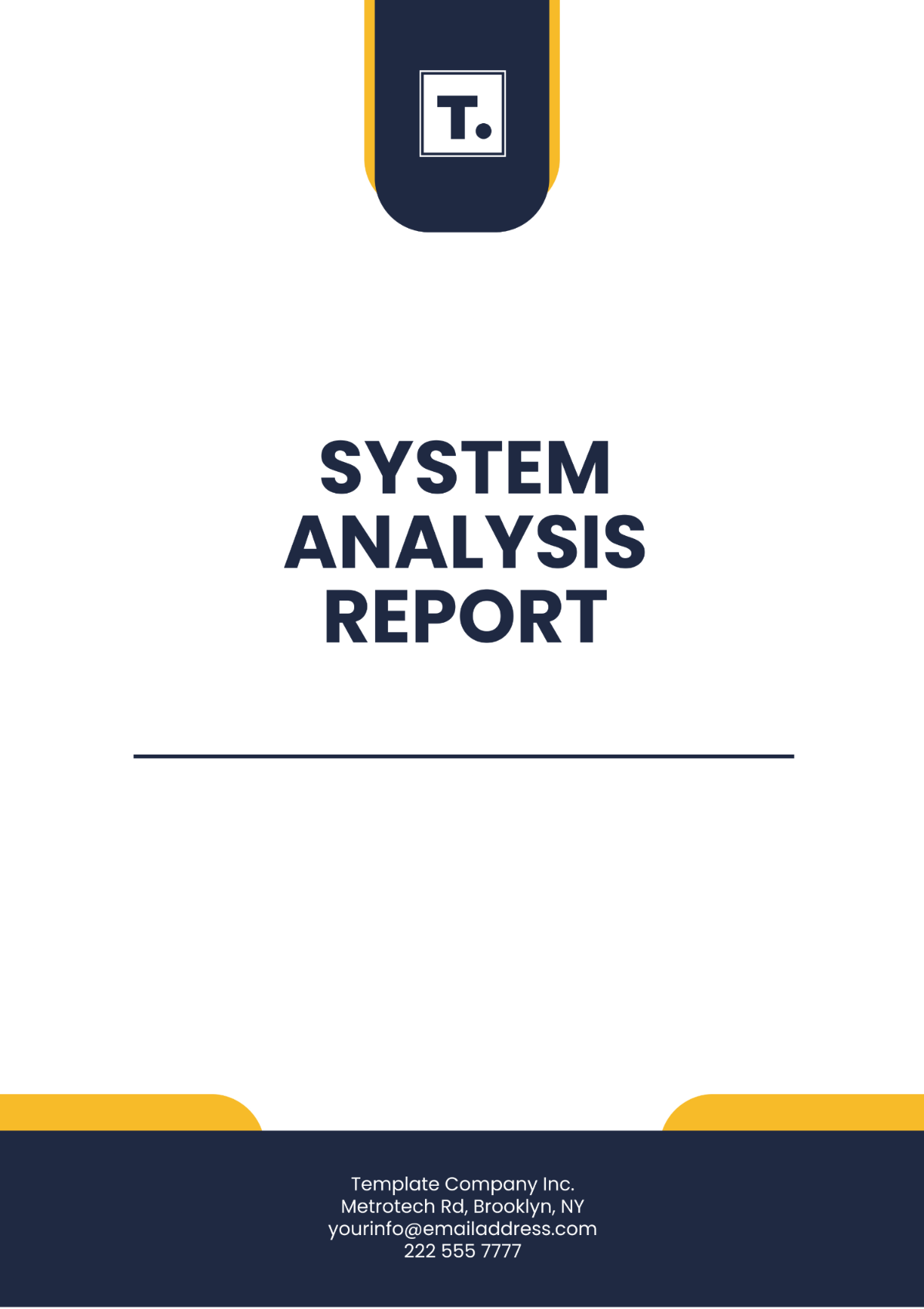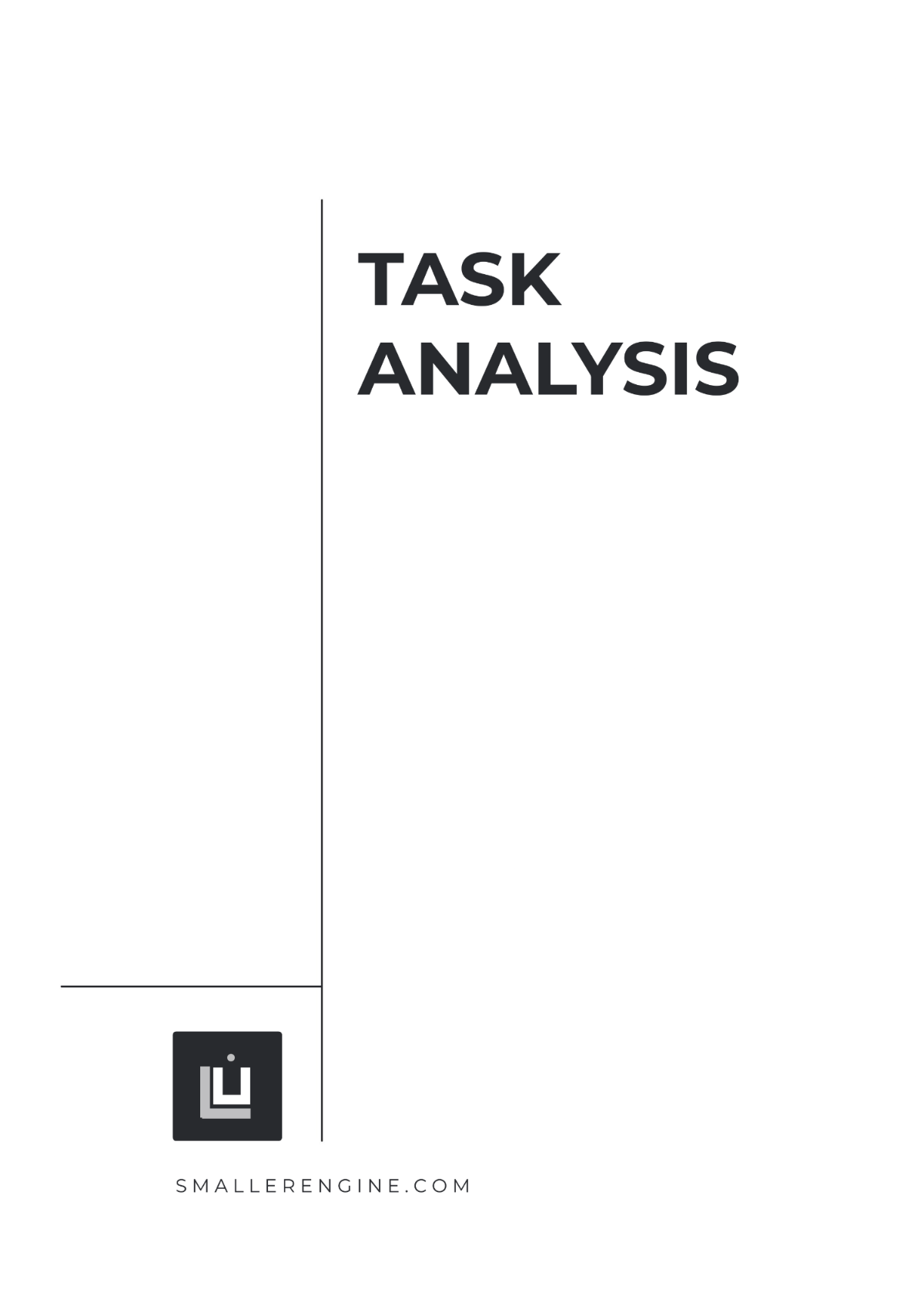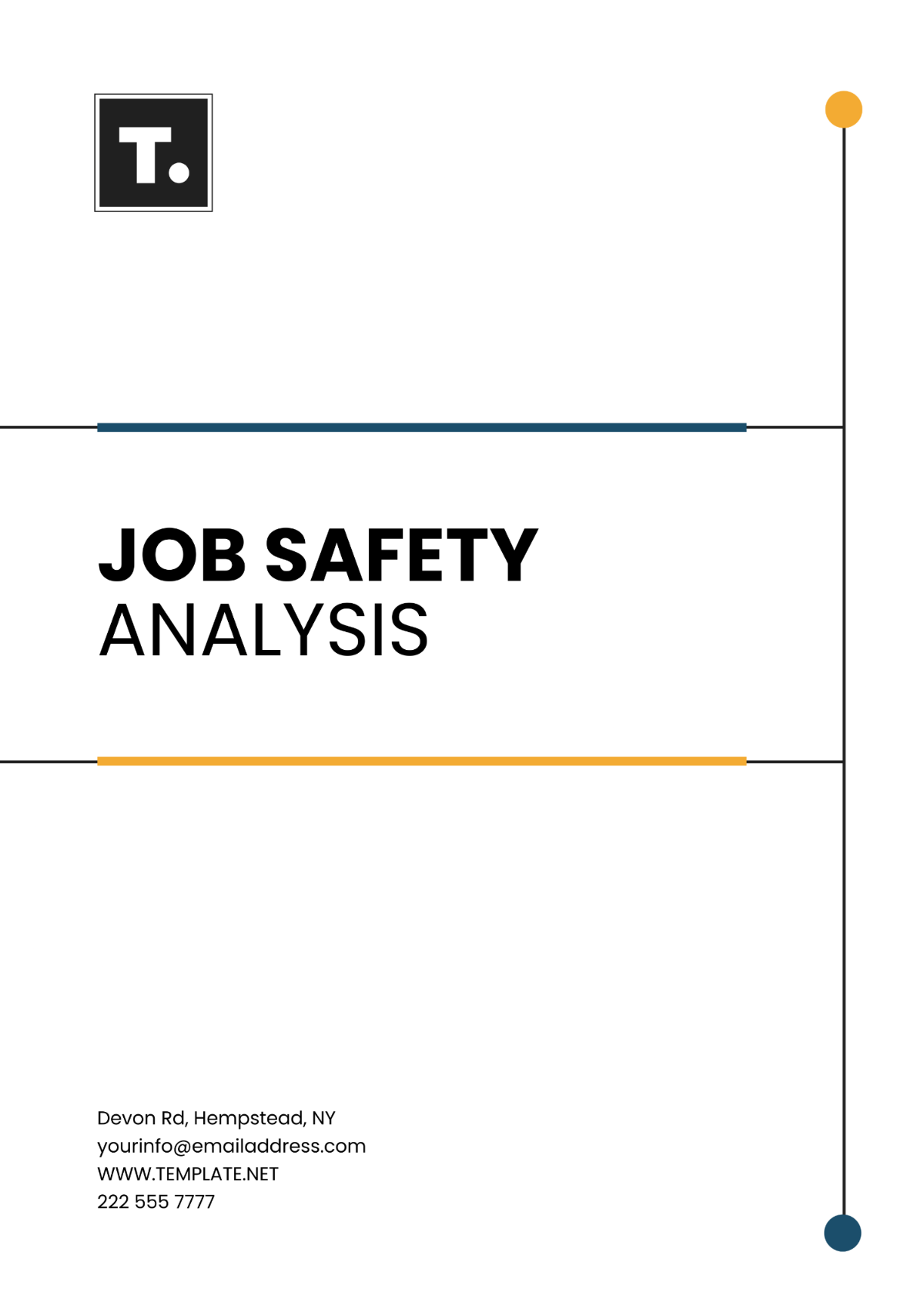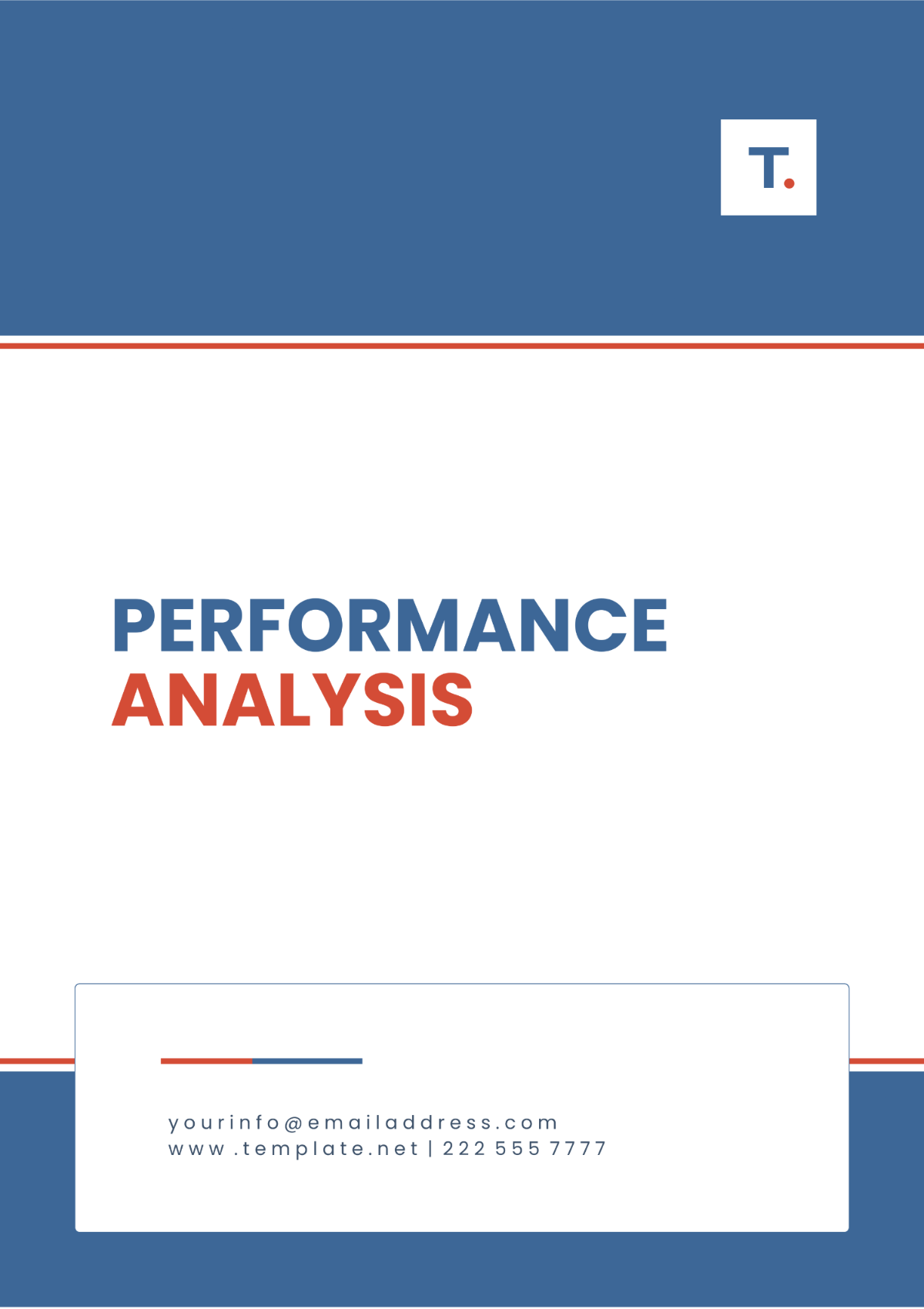Market Analysis
Executive Summary
This document presents a market analysis of Korean rice bowls in New York City. The purpose is to understand the market dynamics, consumer preferences, and competitive landscape to provide actionable recommendations for businesses aimed at entering or expanding within this niche market.
Key findings suggest a growing popularity of Korean cuisine, significant consumer interest in healthy and convenient meal options, and a competitive but promising market landscape. Recommendations include targeted marketing strategies, menu diversification, and strategic partnerships to enhance market penetration and brand recognition.
Objectives
Analyze the current market size and growth potential for Korean rice bowls in NYC.
Understand consumer preferences and trends related to Korean cuisine.
Evaluate the competitive landscape and identify key players.
Provide strategic recommendations for market entry or expansion.
Methodology
The analysis utilized a mixed-method approach, combining quantitative data from market surveys and sales reports with qualitative insights from consumer interviews and focus group discussions. Secondary data sources included industry reports, academic publications, and competitive analysis tools.
Background
Korean rice bowls, also known as bibimbap, are a traditional Korean meal consisting of rice topped with a variety of seasoned vegetables, proteins, and sauces. In recent years, these dishes have gained popularity outside of Korea, especially in cosmopolitan cities like New York, due in part to their health benefits and adaptability to dietary preferences.
Main Analysis
Market Size and Growth Potential
The market for Korean rice bowls in NYC is estimated to be worth approximately $50 million, with an annual growth rate of 8%. Growth is driven by increasing consumer interest in ethnic cuisines and health-conscious dining.
Consumer Preferences and Trends
Preferences for authentic and fresh ingredients.
Demand for customizable meal options to cater to dietary needs.
Interest in delivery and takeaway options for convenience.
Competitive Landscape
Competitor | Strengths | Weaknesses |
|---|---|---|
Bibimbap Palace | Strong brand recognition, diverse menu | Higher price point |
Korean Bowl Co. | Affordable pricing, loyalty programs | Limited locations |
Price Comparison
The average price of a Korean rice bowl in NYC ranges from $10 to $15, with variations depending on location, ingredients, and establishment type.
Key Insights
The competitive nature of the market necessitates a unique value proposition.
Health and convenience are primary drivers for consumer choices.
Technological integration in ordering and delivery enhances consumer experience.
Recommendations
To succeed in the Korean rice bowl market in NYC, businesses should:
Invest in marketing campaigns highlighting health benefits and authentic flavors.
Offer customizable menu options to appeal to a broader audience.
Explore partnerships with delivery services to increase accessibility.
Consider pop-up events or collaborations to gain initial traction and brand awareness.
Conclusion
The market for Korean rice bowls in New York City is ripe with opportunity, driven by consumer trends towards healthy and ethnic foods. Strategic market entry and expansion efforts, focused on differentiation and consumer engagement, can yield substantial business success.
Appendix
Data Sources
NYC Restaurant Industry Sales Reports - 2022
Consumer Surveys: Ethnic Food Preferences - 2023
Focus Group Discussions on Food Trends - March 2023


